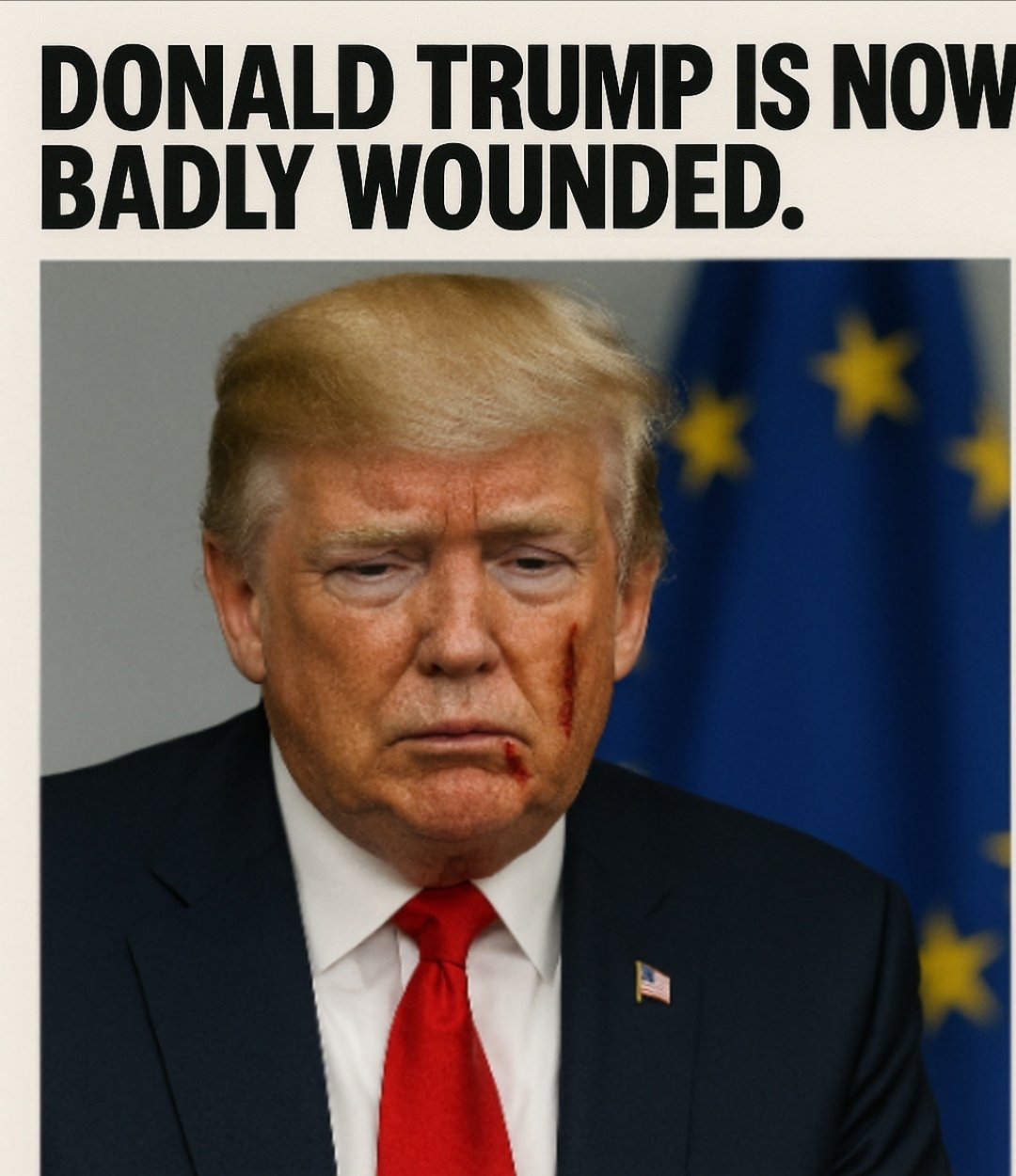The political armor of Donald Trump has been critically pierced. With mounting legal troubles, deepening financial strain, and a series of political missteps weakening his influence, the former U.S. president no longer holds the unshakeable grip on American conservatism he once did. This moment, though turbulent for the United States, offers a rare and urgent strategic opportunity for Europe.
Trump’s most recent court setbacks, including damaging testimonies and looming criminal trials, have left his political future deeply uncertain. Even many in the Republican establishment are beginning to hedge their bets. Once untouchable within his party, Trump now finds his base fracturing, and his dominance over the GOP no longer absolute. The myth of invincibility has finally started to crack.
This decline has wide-reaching implications—not only for the U.S., but also for the global order that has been rocked by years of Trumpism. The EU, long on the defensive during Trump’s term, can now look ahead with the possibility of recalibrating the transatlantic alliance and reasserting itself as a global power center grounded in liberal democratic values.
Europe has often been reactive in the face of U.S. chaos. But the time for passivity is over. With Trump weakened, Brussels, Berlin, and Paris can take the initiative in shaping the global agenda—whether in climate policy, digital regulation, or defense autonomy. The window to assert leadership before the 2024 U.S. election closes is narrowing.
Key to seizing this moment is strengthening the European Union from within. That means resolving internal divisions, reinforcing the rule of law in backsliding member states, and increasing investment in strategic industries and defense. A unified Europe can project power—and fill the vacuum left by an America consumed by its own internal battles.
On trade and technology, too, Europe can move boldly. By forging stronger ties with Africa and Asia, and standing firm on digital sovereignty, the EU can establish itself as a serious counterweight to both China and a potentially isolationist U.S. Europe must also accelerate its green transition, setting a standard the world cannot ignore.
This is not to discount the potential return of Trump or Trumpism. The movement remains potent, and U.S. political volatility continues. But with Trump now badly wounded, the spell is momentarily broken—and that creates a geopolitical opening. Europe must not let it go to waste.
Europe’s challenge now is not just to manage crisis—but to lead. Trump’s weakening should not be seen merely as relief, but as a call to action. The EU has often waited for Washington to act. It must now learn to act first, speak louder, and think bigger.
In this rare moment of U.S. uncertainty, history has opened a door. Whether Europe chooses to walk through it will shape the global balance of power for years to come.
